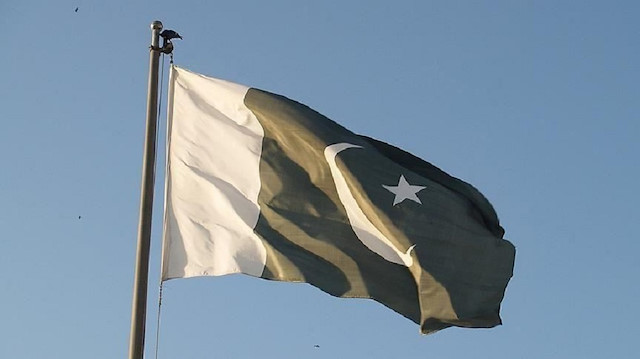
Often accused of links to extremism, educational seminaries in Pakistan hold more than meets the eye
Long controversial, Islamic education institutions in Pakistan have begun to enter the limelight thanks to their students’ success.
Known as madrassas, students in these institutions are receiving all the latest scientific and technical education, said Umar Saif, a computer scientist and academic.
"I always find these students very much disciplined. They are sharp and quick learners. Most of them are very much into science and technology. Better education opportunities will also give them a chance of better employment," said Saif.
Following its counter-terrorism policy launched in January 2015, Islamabad started to more tightly regulate madrassas across the country and are now implementing a vibrant set of reforms.
Former military spokesman Asif Ghafoor told reporters last year that more than 30,000 madrassas would be brought into the "mainstream," overseen by the ministry of education.
"An Islamic education will continue to be provided but there will be no hate speech," Ghafoor said.
Punjab's provincial Education Minister Muraad Raas said: "The federal government is working to registered all the madrassas on a priority basis."
He noted that out of 16,000 madrassas in Punjab alone, the provincial government registered 208 of the schools teaching some 18,000 students.
The government’s priority in doing so is to "build the connections and welcome" these students into "mainstream education" so they could take matriculation exams, he added.
The government also plans to set up public vocational schools based on Turkey's Imam Hatip middle and high school model to offer a mixture of religious and worldly education to future Islamic scholars.
"These institutions are indispensable as a majority of them are in backward areas where we need to spread information and the importance of the worldly education along with religious," said Raas.
The plan's implementation is ongoing and the results have started coming in, with a four-student team of high school-level students from Jamia Baitusslam madrassa based in Karachi winning a robotics competition held at the Heavy Industries Taxila Education City University in northeast Pakistan.t
While expressing his joy, chairman of the Baitussalam Welfare Trust Maulana Abdul Sattar said: "We are proud of our students, they have never let us down. We are thankful to the government of Turkey for taking this initiative and we wish to expand this tech lab project to our other campuses as well.
Sattar said that the school currently had 35,000-40,000 students, adding that it made sure "they get all the basic facilities" with their housing, medical and transport expenses covered by the school.
"Jamia has 370 basic educational centers across Pakistan and there are three big campuses in which students get O and A levels education," he said, referring to certificates of ordinary and advanced curriculum recognized by the U.K.
Making headlines all over Pakistan and international media, the madrassa’s students' success has awakened curiosity on the education provided at the schools.
"It is time we think beyond false allegations against madrassas," Sattar told Anadolu Agency.
- Madrassas' special position
Author Azmat Abbas urged the media to "exercise caution" when reporting on issues concerning madrassas
"[The media] should identify the culprits and not blame the entire sector […] In many areas, these institutions are the only option for the poor to educate their children, and this earns them a special position," Abbas, who wrote the book Madrassah Mirage: A contemporary history of Islamic schools in Pakistan, told Anadolu Agency.
- Blatu tech lab and TIKA
The Blatu Hub Technology Lab in Talagang, Punjab – a project by the Turkish Cooperation and Coordination Agency (TIKA) – has become a center for the Baitussalam Robotics Club (BRC).
TIKA's Islamabad program coordinator Gokhan Umut said that the state-run aid agency was "playing an important role to develop strong bonds between the two countries, whether it is an experience sharing in health, vocational training, media or culture exchange."
"We are always happy to see that our projects are efficient and touch the people's lives. Seeing the achievements of the students shows the efficiency of the project, so we are really happy to see this, and are planning to expand this project in 2020," he said.


